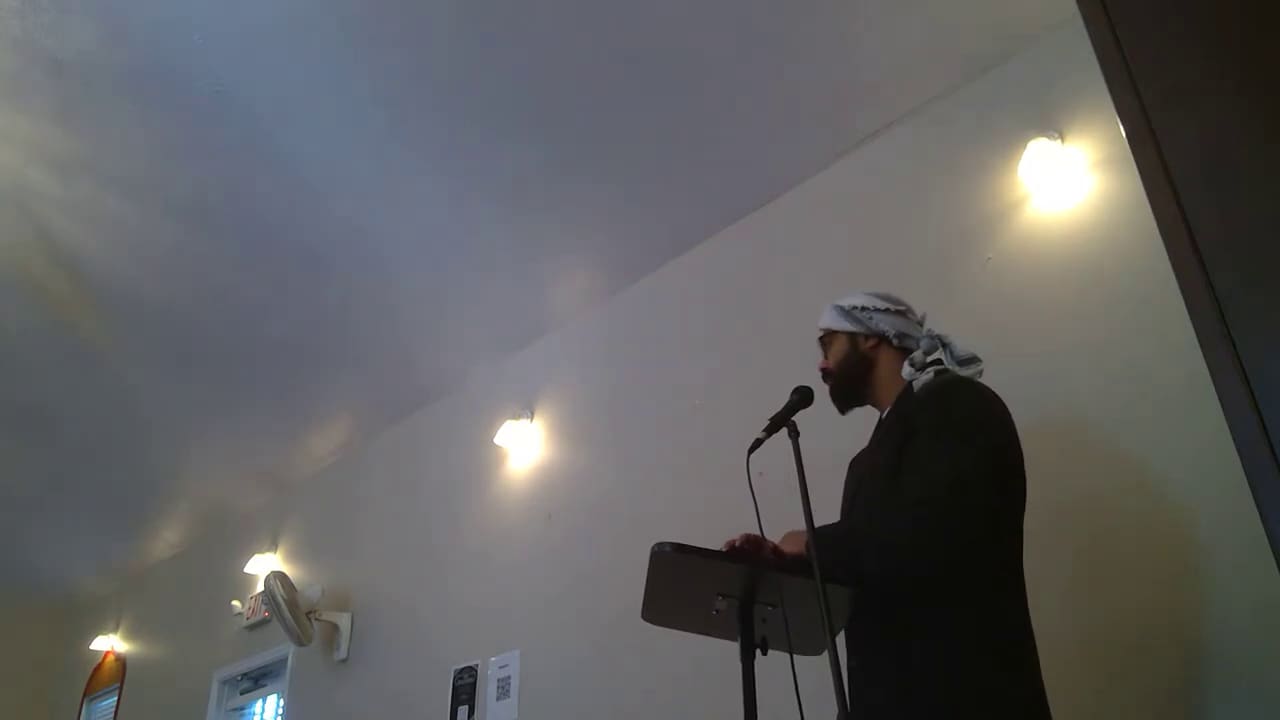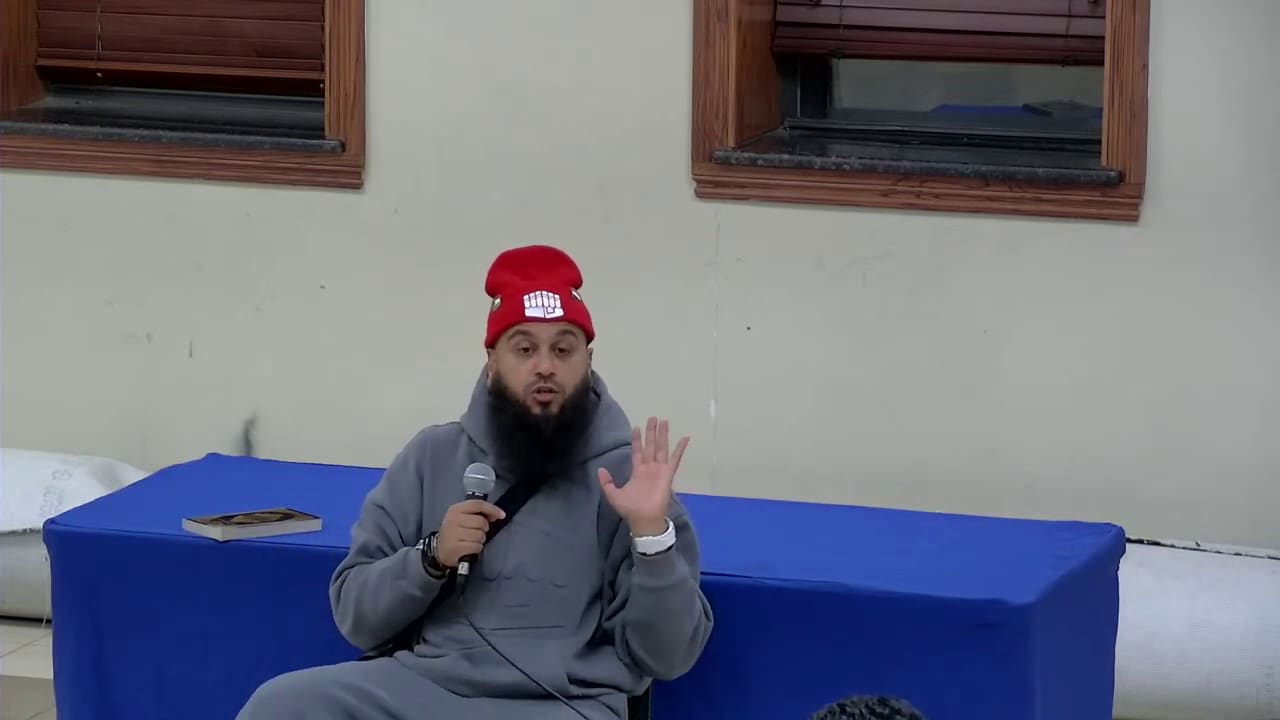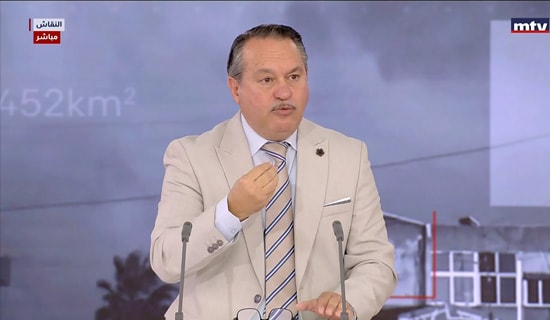
Former IAEA Director and veteran Egyptian diplomat Mohamed ElBaradei lamented the Arabs’ missed diplomatic opportunities. ElBaradei gave as an example a draft resolution submitted to the U.N. following the 1967 war, in which Latin American countries had suggested a complete Israeli withdrawal from the occupied territories in exchange for ending the state of war. The Arab block in the U.N. thwarted the resolution. “It makes me sad to say this,” added ElBaradei in a series of interviews with the U.K.-based Al-Araby TV, the first installment of which was aired on January 7. “What is the alternative? There is none,” he said.
Mohamed ElBaradei: "Let me tell you two things. It makes me sad to say this. I was young then. Let's go back to July 1967. It was after the UN Security Council had reached a ceasefire, but failed to reach an agreement on Israel's withdrawal from the occupied territories. The UN General Assembly convened in July 1974 (sic), and 18 Latin American countries submitted a draft resolution, which consisted of two clauses: an Israeli withdrawal from all the territories it occupied in 1967, and the cessation of the state of war."
Interviewer: "Withdrawal from the Gaza Strip, the West Bank, and East Jerusalem..."
Mohamed ElBaradei: "Yes, complete withdrawal and a cessation of the state of war. It didn't even talk about peaceful relations, only about "cessation of the state of war," and a just solution to the Palestinian problem. But we, in the Arab world, rejected it. I remember that we did not merely reject it, but also contacted all the friends of the Arabs in order to thwart this resolution. Ultimately, this resolution was rejected. 57 voted for it, and 43 voted against it. Those 43 were us. I can still remember how we stood there in 1967 - maybe not me personally - but all the representatives of the Arab and African countries stood in the Assembly hall and applauded after thwarting this resolution. I ask myself today: Why did we thwart that resolution? We could have gotten back all the lands and have ended the state of war."
Interviewer: "Have you found an answer to this question?"
Mohamed ElBaradei: "The answer is that we have never had correct assessment of our power, and, as a consequence, of what sort of demands we could make. I remember the pompous speeches I heard back then... I was still a young man. In 1967, I was 25 years old. I was still taking my first steps in the world of diplomacy. I used to go to the meetings of the Arab block in the U.N. back then, and hear all those pompous speeches saying: "How can we possibly agree to ending the state of war?!"... Okay, let's say we do not accept it. What is the alternative? There is none!"

















